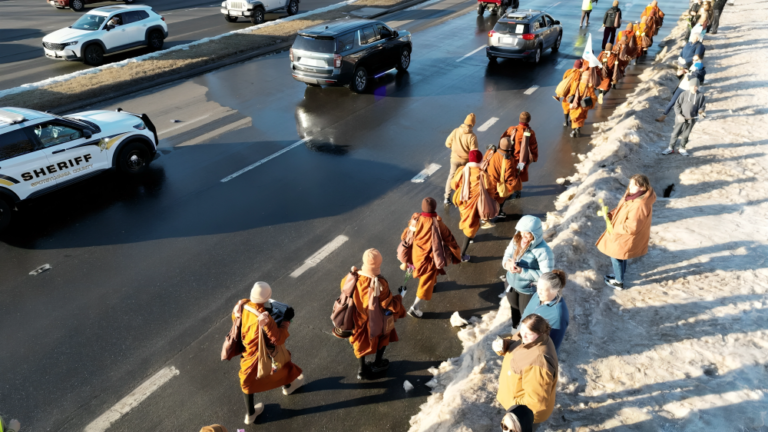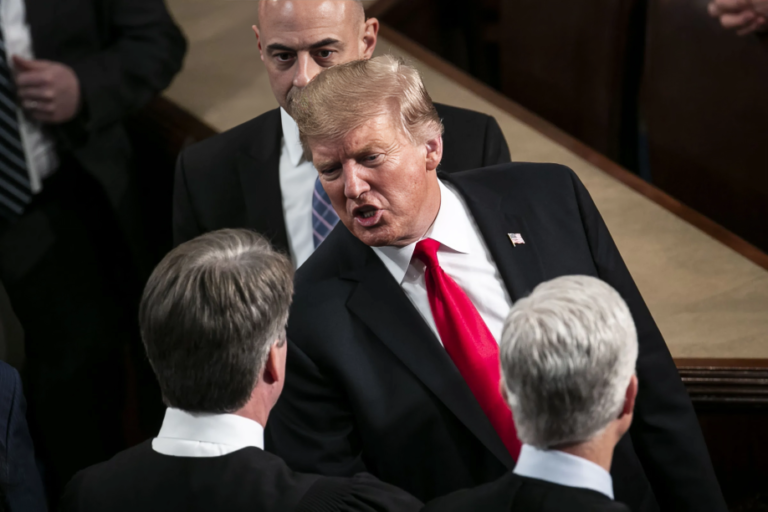As the nation grapples with contentious debates over immigration policy, a federal judge is poised to revisit a pivotal issue: the birthright citizenship of children born on U.S. soil. Set against a backdrop of legal battles, U.S. District Judge John Coughenour will hear arguments Thursday that could decide the fate of President Donald Trump’s executive order aimed at curtailing citizenship for children born to undocumented parents.
This hearing follows a recent nationwide pause issued by a Maryland judge in a closely related case, spotlighting the intense scrutiny surrounding the directive. The stakes are high as Coughenour, a seasoned jurist with over four decades on the bench, prepares to weigh the arguments from the Trump administration, four opposing states, and an immigrant rights organization advocating for expectant parents.
The executive order in question seeks to dismantle the long-standing principle of birthright citizenship, which automatically grants citizenship to children born in the U.S., even if their parents are here illegally or on temporary visas. For now, this initiative remains on hold. Just two weeks prior, Coughenour labeled the order “blatantly unconstitutional,” issuing a temporary restraining order that halted its implementation. Following this, Judge Deborah Boardman of Maryland issued a long-term injunction, further complicating the administration’s efforts.
During his previous hearing, Coughenour emphasized the clarity of the constitutional questions at hand, distinguishing this case as particularly significant in his judicial career. As he prepares to hear arguments on a potential injunction similar to Boardman’s ruling, the future of the executive order hangs in the balance.
The legal landscape is further complicated by the multitude of lawsuits challenging the order. A total of 22 states and various organizations are fighting to stop its enforcement, with the current case involving Arizona, Illinois, Oregon, and Washington, alongside the Northwest Immigrant Rights Project. Meanwhile, a separate hearing in Massachusetts will address yet another group of 18 states contesting the order, led by New Jersey.
At the heart of these legal battles lies the 14th Amendment, ratified in 1868, which asserts that “all persons born or naturalized in the United States and subject to the jurisdiction thereof, are citizens of the United States.” Proponents of birthright citizenship argue that this amendment unequivocally grants citizenship to those born on U.S. soil, a stance bolstered by the landmark Supreme Court case, United States v. Wong Kim Ark.
In contrast, the Trump administration contends that children of noncitizens do not fall under the jurisdiction of the U.S. and thus are not entitled to citizenship. This clash of interpretations could redefine the legal landscape surrounding one of America’s foundational principles as the nation awaits Coughenour’s next move.











+ There are no comments
Add yours